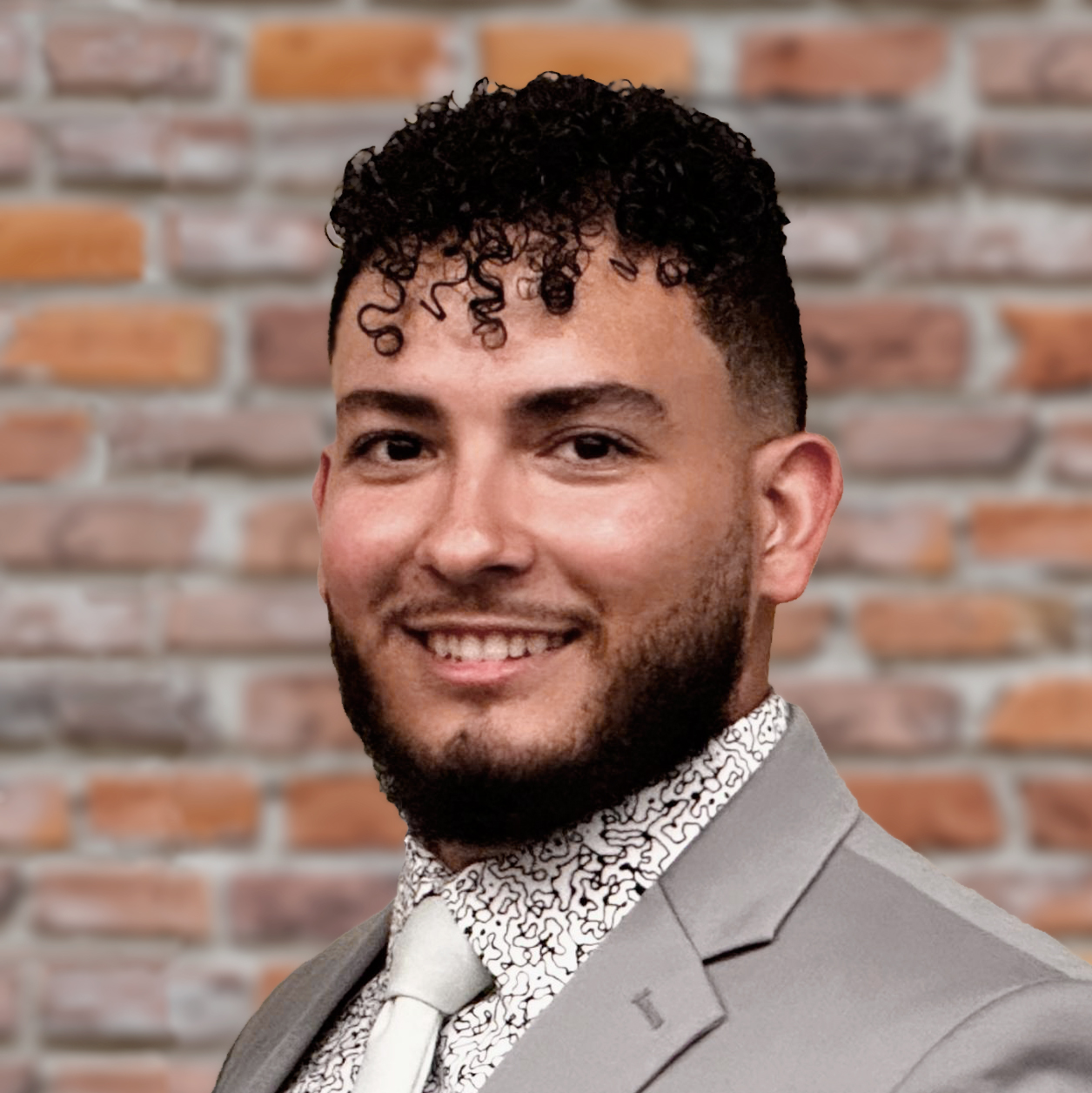About The Research Team
The mission of LWVI research is to make every donation count. Our group’s goal is to ensure that all tissue recovered for research serves a meaningful purpose and holds the potential to save vision. To achieve this, we collaborate globally with academics, biotech firms, and pharmaceutical companies. Donated tissue supports a wide array of projects, from fundamental cell biology, testing new treatments for blinding diseases, biomarker discovery for early diagnosis, stem cell therapies, and even whole eye transplants.
Applying for a grant?
Let us know how we can help! Contact research@lwvi.org to discuss your project and we will get back to you with all the information needed for you grant applications.
Need pilot data?
The LWVI partners with ARVO to provide discounted tissue to the research community using the EyeFind program.
Bioethics at LWVI
We recognize that tissue donation, especially for research purposes, is a sensitive and emotionally significant matter. At LWVI, our research team upholds the highest ethical standards in recovering and handling ocular tissue. To learn more, you can read our bioethics statement or contact us at research@lwvi.org for detailed information on how these invaluable donations are used to save sight.
Tissue Safety
To reduce the recovery of potentially infectious tissue we screen the available medical records of every donor for evidence of known communicable human diseases. In addition, we also provide post-mortem serological testing for HIV, Hepatitis B and C. While these procedures cannot eliminate the possibility of handling potentially infectious human tissue, they support the goal of Universal Precautions to reduce the potential transmission of the major human pathogens.
We are also following the current guidelines of the Eye Bank Association of America (EBAA) designed to reduce transmission of the virus (SARS-CoV-2) that causes COVID-19. These guidelines exclude tissue recovery from any donor testing positive for SARS-CoV-2 as well as any donor with COVID-19-like symptoms that cannot be fully explained by another pathology. EBAA guidelines do not require donor testing for SARS-CoV-2 in the non-symptomatic population and so we are also recovering from un-tested asymptomatic donors.





